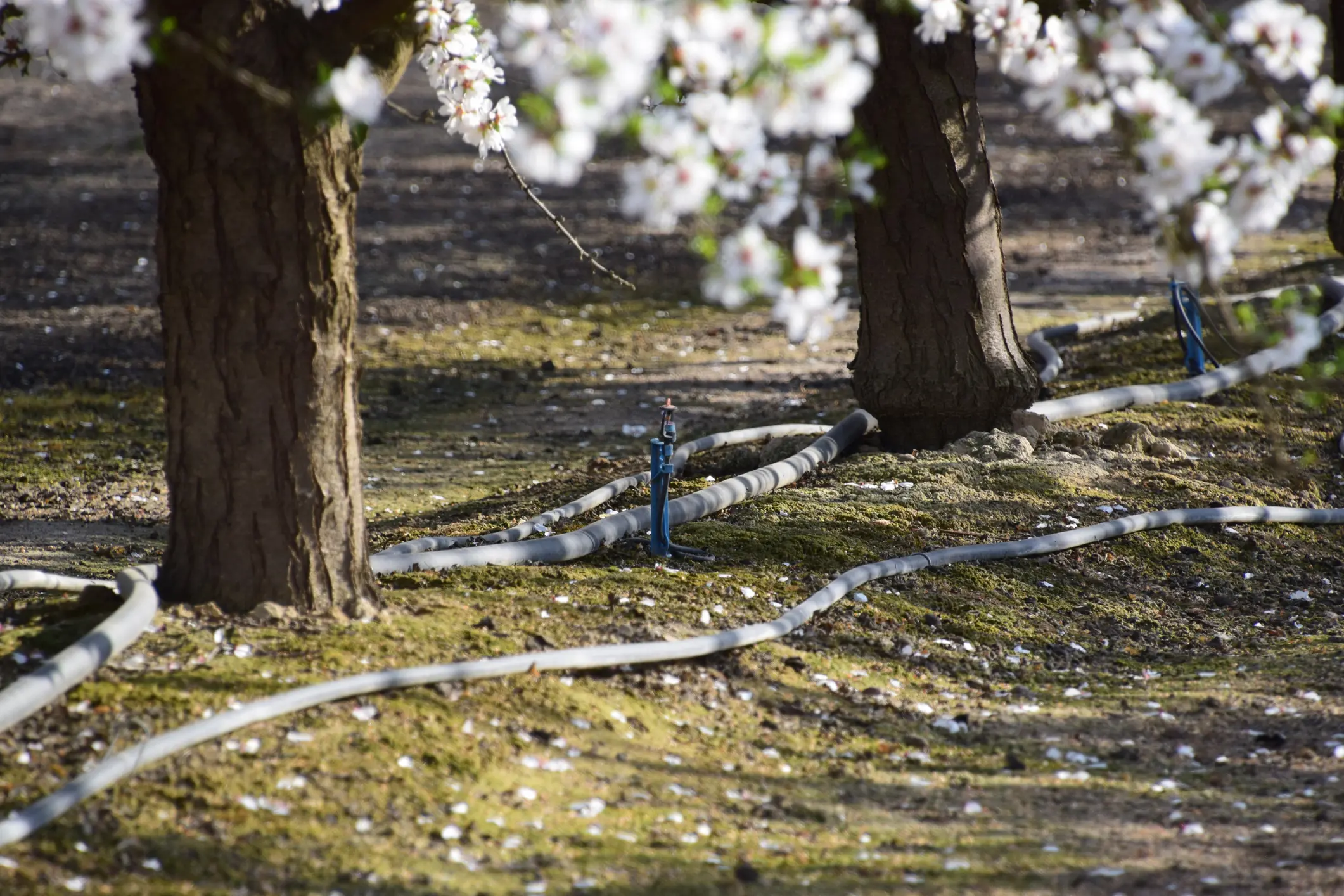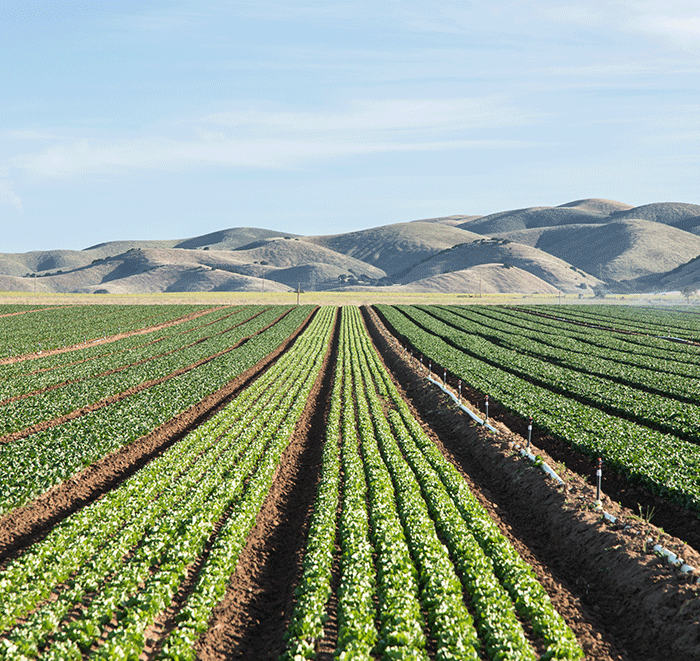
Irrigation Strategy and Soil Health
When mineral and/or salt concentrations such as Total Dissolved Solids (TDS), ECw, or Iron/Manganese levels are allowed to become elevated there can be both an increase in emitter plugging potential and/or a reduction in Distribution Uniformity for low flow irrigation systems. These levels can be managed through regular flushing of irrigation lines and filters, yearly “shock” treatments with acid, and/or continuous dosing of line cleaner products to keep small emitters from scaling or plugging. Wilbur-Ellis has recently established a relationship with Ag Water Chemical© to bring irrigation water solutions to our growers. If growers are unsure whether their irrigation water source warrants such management, feel free to reach out to your local Wilbur Ellis representative for evaluation.
Irrigation water quality should be evaluated to assess any negative agronomic effects as well. The more salts or TDS (Total Dissolved Solids) in the soil solution, the greater the negative impact on a plant’s ability to maintain an osmotic gradient. This means the saltier the water, the harder it is for plants to extract water from the soil. Different nutrient antagonisms can also occur when water high in salt load is used for irrigation. When irrigating with saline irrigation water, it is important to account for a leaching fraction to ensure salts are flushed from the root zone. Keeping soil close to field capacity can also ensure that almond trees spend as little energy as possible to extract water. Growers dealing with salty water can employ both irrigation strategy as well as humic acid products to mitigate the adverse effects of problematic salts.

